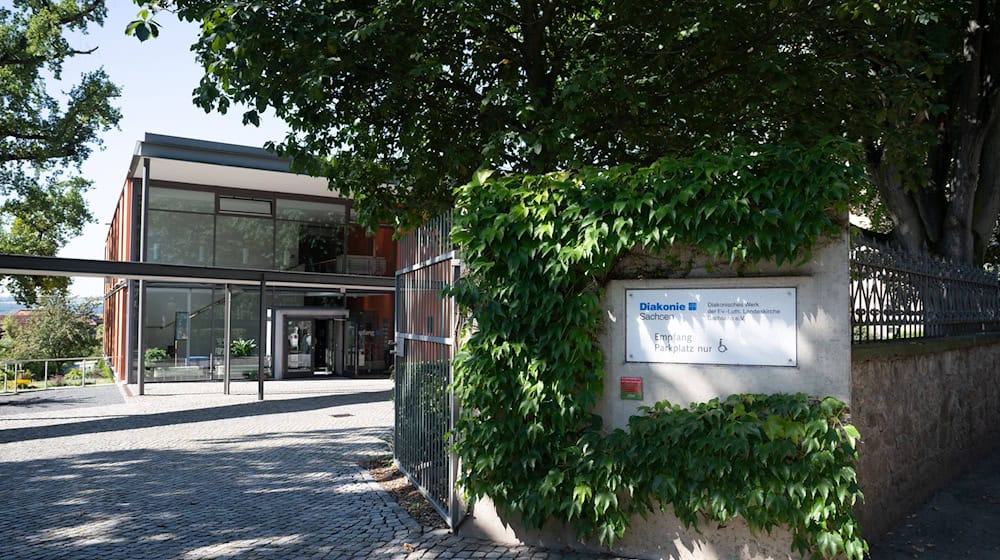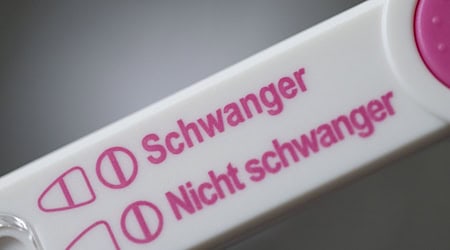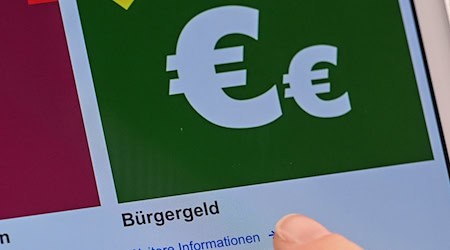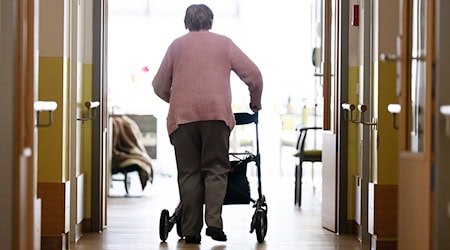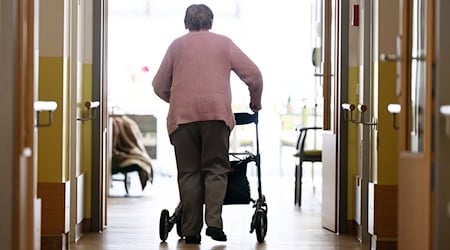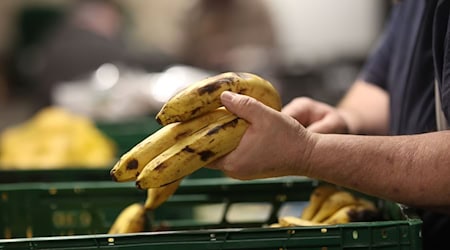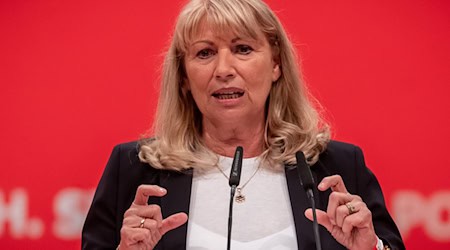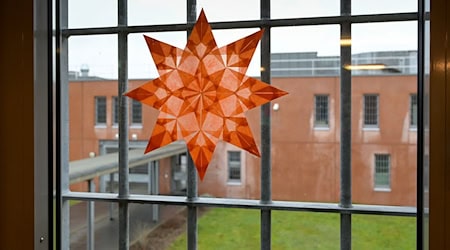In the opinion of Dietrich Bauer, the head of Saxony's Diakonie, the state should see independent welfare organizations more as partners in shaping the welfare state. "We have a nose for where things are most urgent," said the 65-year-old senior church councillor in an interview with the German Press Agency. The state should not see independent welfare work as something that needs to be double or triple-checked. This could free up a lot of money.
"Relatively speaking, there is less money available for the welfare state because, among other things, inflation makes costs more expensive. And what does the state do? It doesn't raise the money in the same way, but instead puts more and more money into bureaucratic control over the use of the money. As a result, less help reaches those in need. I would like to override this mechanism," said Bauer. The state should have more confidence that taxpayers' money is being used effectively and purposefully by charities.
Not for profit
Bauer made it clear that independent charities are not profit-oriented. "Of course, we need to receive a little more money than we spend. We need this for urgently needed investments to ensure energy-efficient renovations and structural repairs." Organizations such as Diakonie would ultimately be able to manage money more effectively than local authorities or state institutions. There is often the idea that, as a strong state, they want to do everything themselves. In the end, this becomes more expensive and does not reach those who really need help.
According to Bauer, the state often has too little regard for the follow-up costs when making decisions. He cited cuts to services for children and young people as an example. "We must always ask about the social follow-up costs. Because they are particularly high for young people due to their age." It's not just about educating young people intellectually at school. "We also need an education of the heart - the ability to feel responsible for others and to stand up for people who have a harder time."
Copyright 2025, dpa (www.dpa.de). All rights reserved

